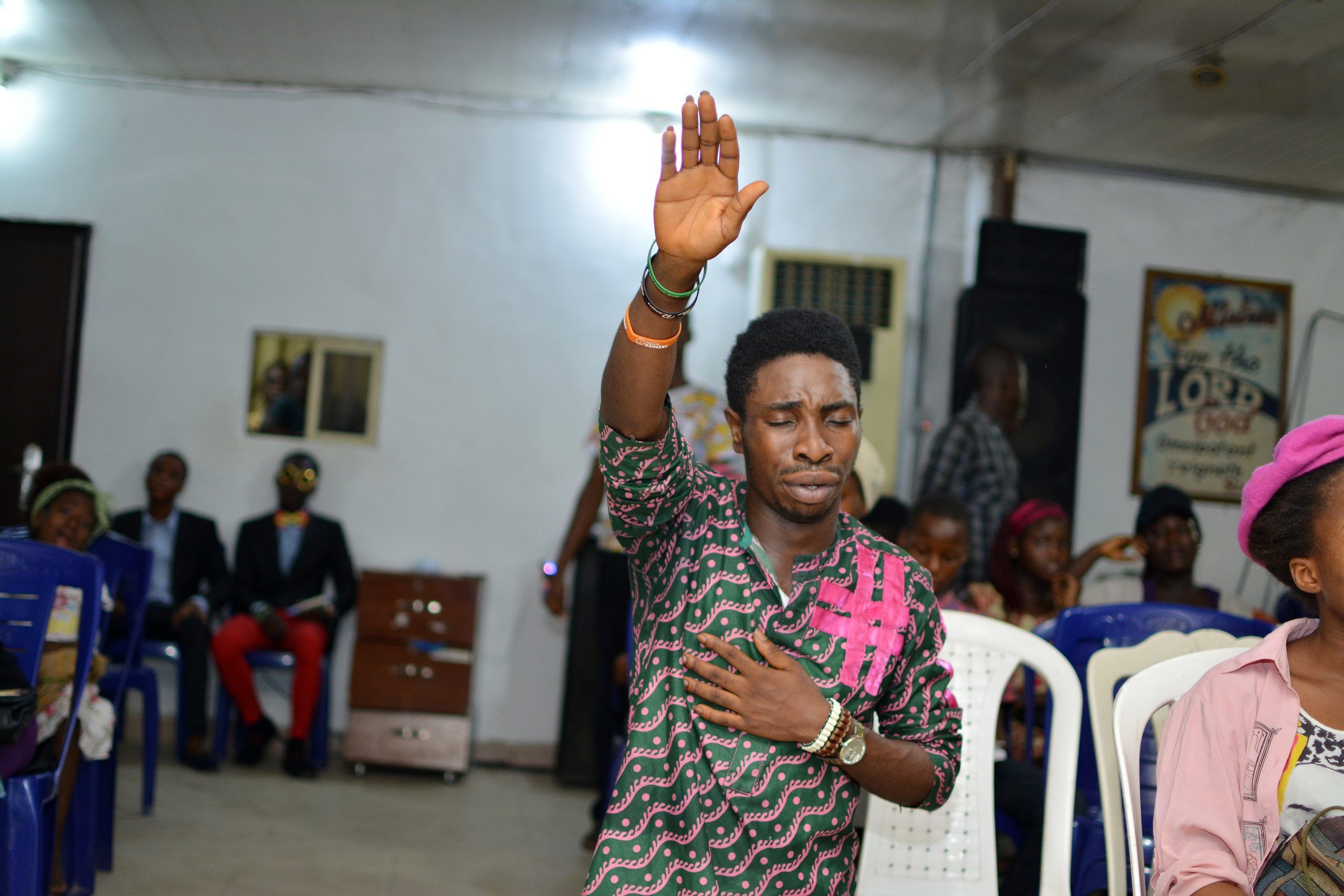In the Democratic Republic of Congo (DRC), less than half of the 90 million population has an active mobile phone subscription, and mobile data is prohibitively expensive. This presented a unique challenge to disseminating accurate and up-to-date information in the face of COVID-19.
WorldVision has been using an imaginative strategy in DRC by leveraging the existing social networks and mobile technology. The project, funded by Unilever and carried out using Viamo’s SMS technology, has been conveying crucial health messages to faith leaders across the DRC. The faith leaders serve as a bridge between their flock and community health workers when it comes time to access care or report symptoms of disease, and often have significant influence.
Only a quarter of the people in the country have any access to the internet according to recent industry reports. On the other hand, the Pew Research Centre reports about 95 percent of the population are Christians, with many of the remaining five percent also following other religions such as Islam.
Religion is a big part of life. Priests and Imams have regular contact with their followers in and out of churches and mosques. They’re trusted by their community members who often turn to them for advice or guidance, and this makes them perfect for transmitting essential information to wider populations.
World Vision first partnered with Viamo to send SMS messages to hundreds of faith leaders across the country in August and November 2020. Then, in a second project in 2021, further texts were sent out to reinforce the original messages.
The push SMS communications delivered simple but useful information, such as the fact that people who have no symptoms may still be capable of spreading COVID-19, and that elderly and people with chronic illnesses are most in need of protection from the virus. With no need for a smartphone, internet connection, or even call credit SMS health messages are a very accessible form of communication, even in remote areas.
The push SMS campaign messages were sent not only in the country’s official language of French but also in the widely used national languages of Lingala and Kikongo.
A total of 790 religious leaders received SMS communications in French, 559 received SMSs in Lingala and 231 faith leaders received SMS messages in Kikongo. One message was sent out each week, and the average delivery rate was 100 percent.

When these figures were multiplied by the social reach of each of the faith leaders within their community, the messaging becomes much more powerful, reaching thousands of people in very hard-to-access communities with potentially life-saving information.





